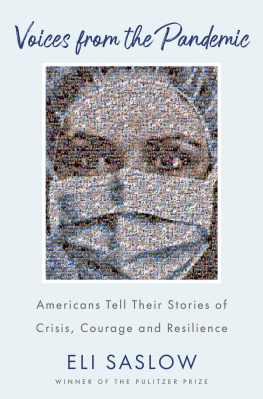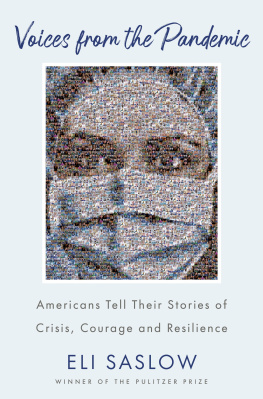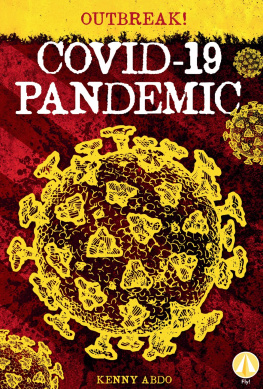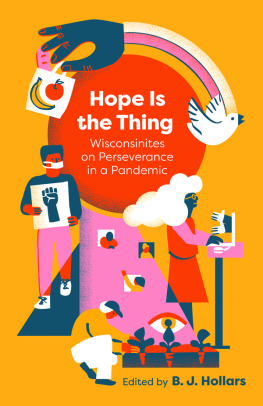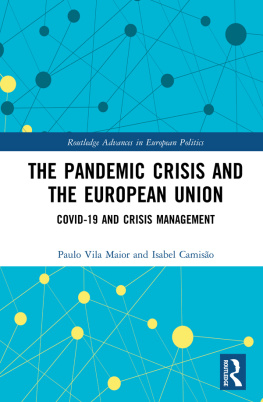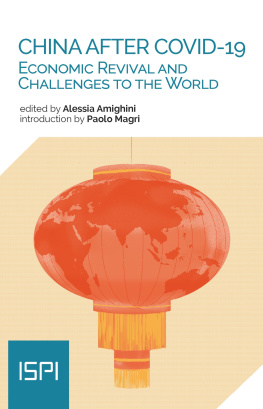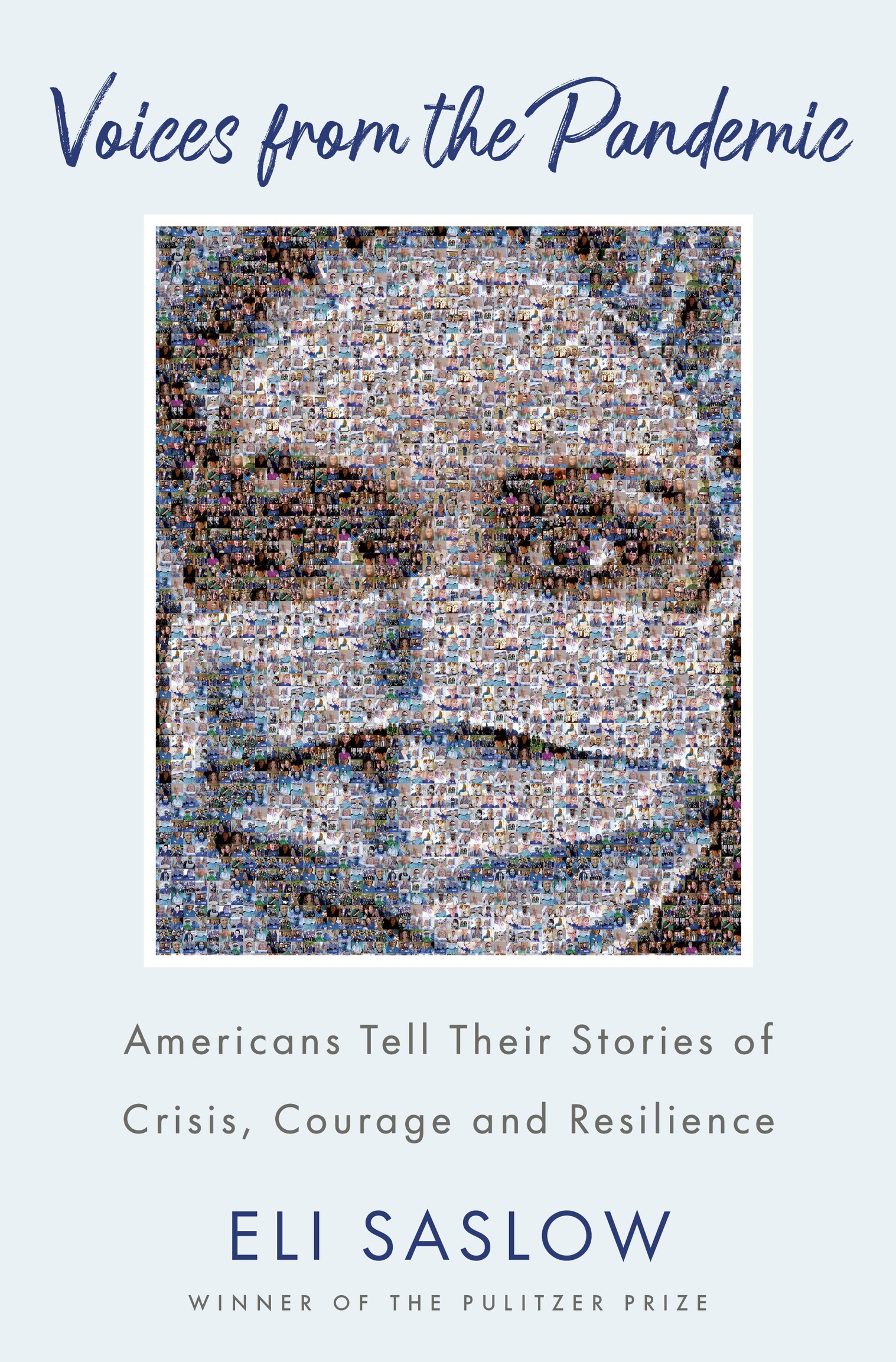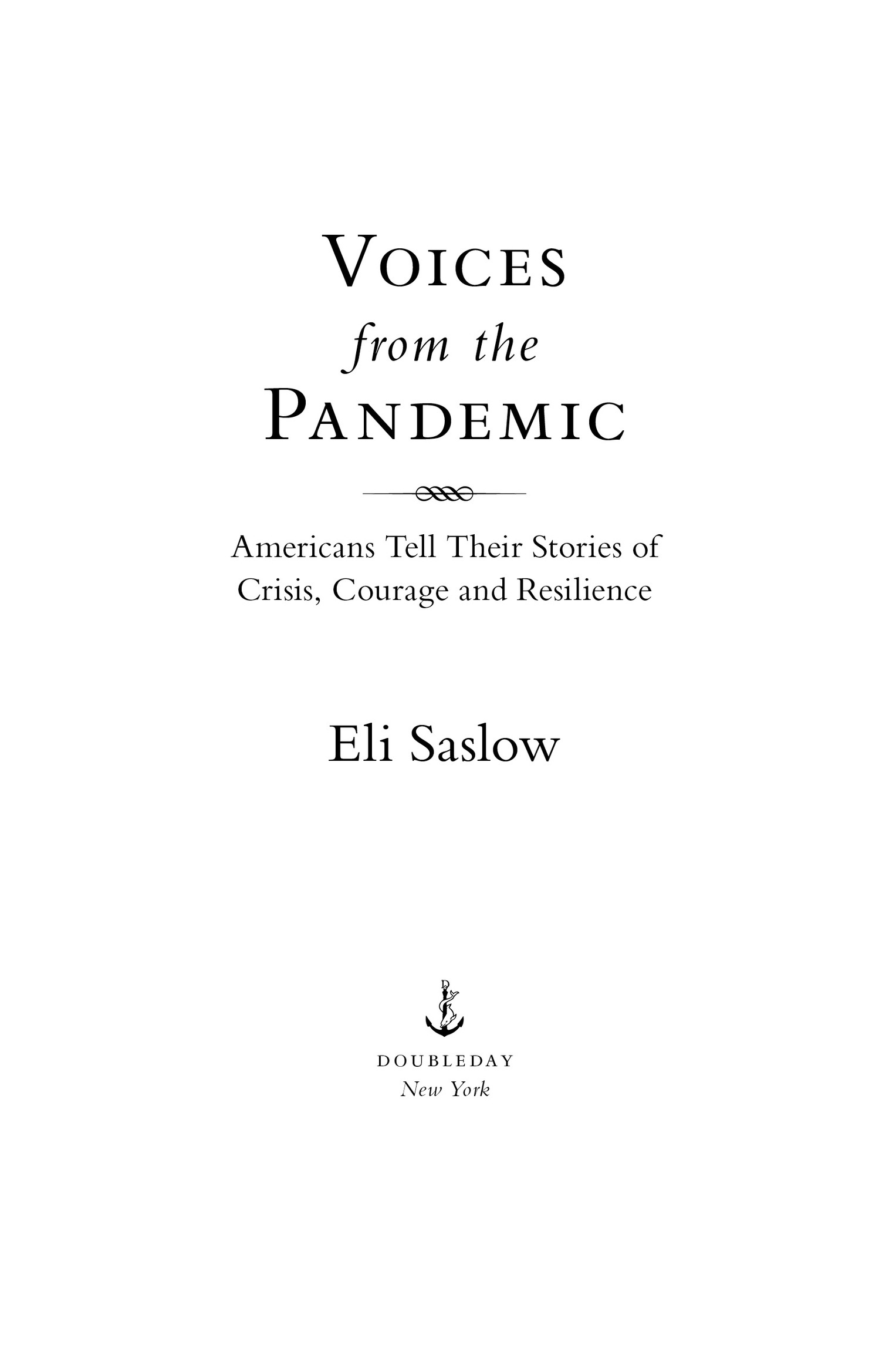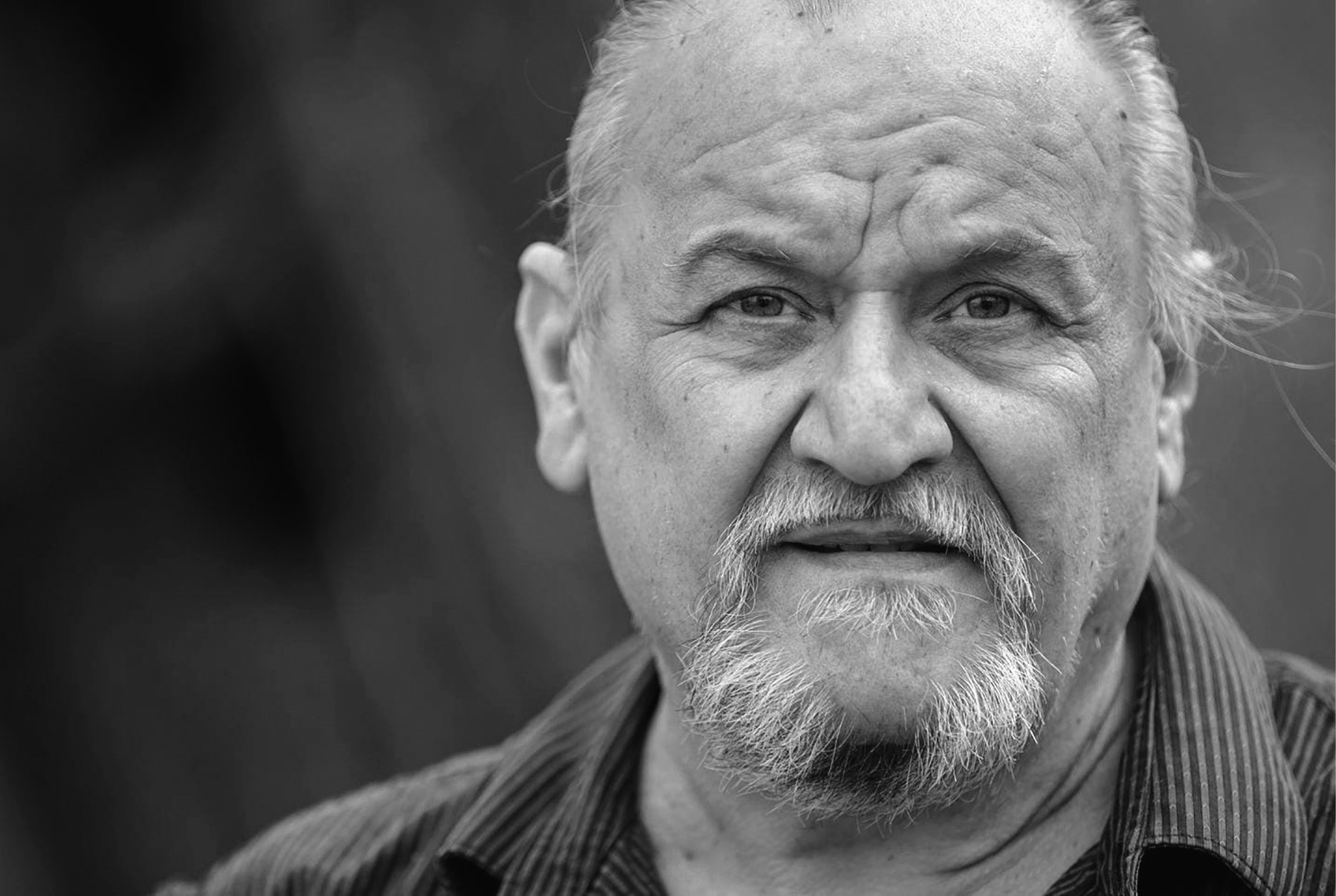Also by Eli Saslow
Ten Letters: The American People in the Obama Years
American Hunger: The Pulitzer PrizeWinning Washington Post Series
Rising Out of Hatred: The Awakening of a Former White Nationalist
Copyright 2021 by Eli Saslow
All rights reserved. Published in the United States by Doubleday, a division of Penguin Random House LLC, New York, and distributed in Canada by Penguin Random House Canada Limited, Toronto.
www.doubleday.com
doubleday and the portrayal of an anchor with a dolphin are registered trademarks of Penguin Random House LLC.
Cover illustration Nathan Wyburn
Cover design by John Fontana
Library of Congress Cataloging-in-Publication Data
Names: Saslow, Eli, author.
Title: Voices from the pandemic : Americans tell their stories of crisis, courage and resilience / Eli Saslow.
Description: First edition. | New York : Doubleday, [2021]
Identifiers: LCCN 2021010073 (print) | LCCN 2021010074 (ebook) | ISBN 9780385547000 (hardcover) | ISBN 9780385547031 (ebook)
Subjects: LCSH: COVID-19 Pandemic, 2020 United StatesAnecdotes. | AmericansInterviews. | United StatesSocial conditions21st century.
Classification: LCC RA644.C67 S277 2021 (print) | LCC RA644.C67 (ebook) | DDC 614.5/92414dc23
LC record available at https://lccn.loc.gov/2021010073
LC ebook record available at https://lccn.loc.gov/2021010074
Ebook ISBN9780385547031
ep_prh_5.7.1_c0_r0
Contents
Authors Introduction
The COVID-19 pandemic was the rare international event that became personal to each of us. We all have our own story of this crisis. Everyone suffered in some way, and many did so alone. The virus isolated us in our own homes, our own bubbles, our own pods, our own personal hardships, our own ideological bunkers. The world contracted. The reporting in this book began as an attempt for me to see and feel beyond my own living room into the millions of personal pandemics unfolding all across America.
I spent hundreds of hours interviewing people from every corner of the country to collect the first-person accounts in this book. The words that follow are theirs. The stories are theirs. These are not retrospective accounts but interviews that occurred in the moment, as people encountered the disaster in real time. I talked to a small-town coroner as he moved the bodies of his friends and relatives; to a laid-off security guard as he waited in his first food line; to an anesthesiologist as he rushed between COVID intubations; to a grandmother as she was being evicted from her one-bedroom apartment; to a fifty-two-year-old as she spent her final days alone inside her hospital room. My interviews with each of the forty or so people included in this book typically stretched out over many hours and several days until I had dozens of pages of transcription. Then I condensed, structured, fact-checked, and lightly edited those transcripts into the monologues collected here.
Together these pieces tell the story of a country in crisis, but this book does not attempt to be a comprehensive history of the plague were still living through. These are intimate stories from the countrys hidden corners, about how the pandemic was personally endured and often overcome.
I worried when I first began this project that a year of so many intense conversations could become depressing, or even numbing, but in fact it was the opposite. Even in the midst of their own acute pain, the people in this book inspired me with their ability to trust, their empathy, their insight, their candor and emotional courage. In a miserable year made worse by so much political and systemic failure, it was their humanity that restored me. I hope it does the same for you.
Prologue
Briefings from the World Health Organization
Jan. 4, 2020
DISEASE OUTBREAK: pneumonia of unknown causeChina. There is limited information to determine the overall risk.
Jan. 30
Patients often present with fever, cough and shortness of breath. The symptoms range from mild to severe disease, and some result in death. The cause of death is due to progressive respiratory and multi-organ failure.
Feb. 5
There is evidence the virus is spreading by human-to-human transmission. The relatively small number of cases outside China gives us a window of opportunity to prevent this outbreak from becoming a broader global crisis.
Feb. 11
We now have a name for the disease and it is Covid-19. We have a realistic chance of stopping this outbreak. Now is the time for solidarity.
Feb. 17
The sudden increase in new cases around the world is very concerning.
Feb. 24
Does this virus have pandemic potential? Absolutely. We must do more.
Feb. 27
There are some vital questions that every country must be asking itself today: Are we ready for the first case? What will we do when the first case arrives? Do we have enough ventilators and other vital equipment? Do our health care workers have the training and equipment they need to stay safe? Do our people have the right information? Do they know what this disease looks like? Are we ready to fight rumors and misinformation with clear and simple messages that people can understand? Are we able to have our people on our side to fight this outbreak?
These are the questions that will be the difference. If the answer to any of these questions is no, your country has a gap this virus will exploit. I repeat: If the answer to any of these questions is no, your country has a gap this virus will exploit.
Mar. 11
We are deeply concerned both by the alarming levels of spread and severity, and by the alarming levels of inaction. We have therefore made the assessment that Covid-19 can be characterized as a pandemic.
We cannot say this loudly enough, or clearly enough, or often enough: All countries can still change the course of this pandemic. We have rung the alarm bell loud and clear. This is not just a public health crisis. It is a crisis that will touch every sector and every individual.
Chapter 1
Anything good I could say about this would be a lie
Tony Sizemore, on the death of Birdie Shelton
IndianapolisMarch 2020
Shes dead, and Im quarantined. Thats how the story ends. I keep going back over it in loops, trying to find a way to sweeten it, but nothing changes the facts. I wasnt there with her at the end. I didnt get to say goodbye. I dont even know where her body is right now, or if the only thing thats left is her ashes.
From normal life to this hell in a week. Thats how long it took. Id barely even heard of this damn virus until a few days ago. How am I supposed to make any sense of that? Its loops and more loops.
She transported cars for a rental company. Thats where all this must have come from. People fly in from somewhere for a meeting and fly out a few hours later. Youve got germs from all over the world inside those cars. I didnt like the fact that she was working so hard, sixty-nine years old and still climbing in and out of Ford Fusions all day, driving from Indianapolis to St. Louis and back with bad knees, bad hips, diabetes, and all the rest of it. Sometimes she hurt so much after work that I had to help her out of the car. I guess I should have told her to quit, but nobody told Birdie anything. She liked to drive, and we needed the money.

